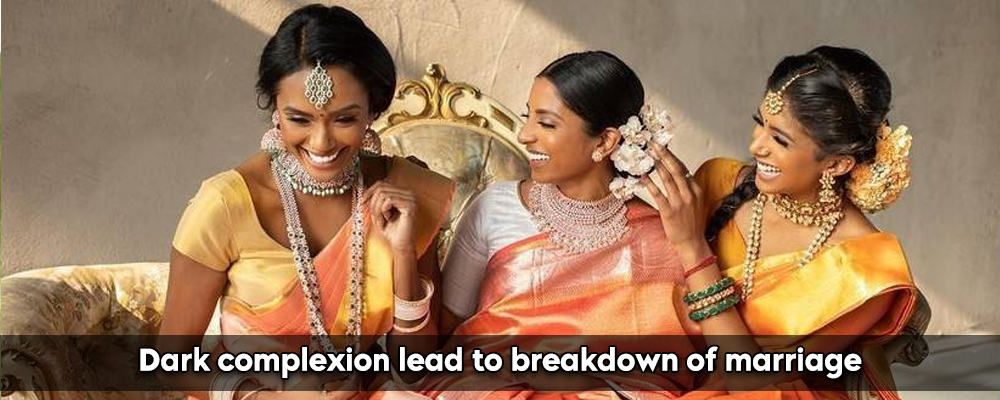The routine circumstances of married life leave couples uncertain about how to have a tranquil existence together. Although there isn’t an entire list of all the circumstances that might result in a cruelty charge, if we observe a case of marital abuse in our community, we can draw certain conclusions about particular circumstances, like:
- The spouse was subjected to physical abuse.
- Having an affair or engaging in adultery, not only knowing about it but also publicly accepting it.
- Additionally, when one of the spouses is unjustly suspected of having an extramarital affair,
- The ongoing expression of pain and wrath, along with screaming or abusive behavior towards the spouse.
- Demoralising and stifling the partner’s ability to act independently, as well as forcing the spouse to enter a marriage in which the spouse has no choice but to rely on the other.
- Not revealing any information about a sexually transmitted disease when they are already married. The list keeps going.
Need A Legal Advice
The internet is not a lawyer and neither are you. Talk to a real lawyer about your legal issue

Legal Provision
The IPC’s Section 498A addresses the crime of cruelty committed against a wife by her husband and/or in-laws. The woman and her spouse must be lawfully wedded. It is likely that the woman has endured abuse or domestic violence of some kind. Such cruelty must be committed by her spouse or the husband’s family, which in this case only refers to the husband’s parents, siblings, and siblings; not even a close acquaintance or a distant relative is considered a relative.
The spouse will, however, face a fine and a maximum sentence of three years in jail if he or she engages in such abuse.
The beginning of any intentional behaviour of the kind that would probably push the wife towards suicide or put her at serious risk by endangering her bodily or mental well-being, life, or limb. Harassing the wife when such harassment is done with the intention of pressuring her or any of her relatives to fulfill any demands made in violation of the law for any property or valuable security, or when such demands are not fulfilled by the wife or any of her relatives.
Types of Cruelty
- Physical abuse: The term “physical cruelty” used here refers to conjugal physical violence that results in cruelty, not to any violence that occurs elsewhere. Physical cruelty towards the husband is defined as any physical aggression, bodily harm, or danger to life, limb, or health that appears to be causing the lady to feel uneasy. Since physical violence is one of the most frequent causes of divorce, proving physical cruelty is not a difficult undertaking.
- Mental abuse: Now, cruelty extends beyond the physical; mental cruelty is equally as serious as physical cruelty. Proof of mental cruelty is a little more difficult to come by than proof of physical abuse. In addition to physical injury, it is cruel to a woman mentally to subject her to mental anguish, sacrifice her mental tranquility for her spouse, or otherwise subject her to mental stress. The psyche of a person is something we can never fully understand, and because certain individuals are hypersensitive by nature, accusations of cruelty against them may not always be accurate.
Case Law
In the case of ABC and XYZ, MISCELLANEOUS FIRST APPEAL NO. 8998 OF 2017, the Karnataka High Court ruled that it would be cruel for a wife to disparage her husband on the grounds that he is “dark,” to leave his company for the same reason, and to make up stories about illicit connections to hide her actions. The wife used to disparage the husband on the grounds that he is dark,” it said, and has abandoned the husband’s company without good justification for the same reason. And in order to hide this fact, she has accused the spouse of having illicit connections on bogus grounds. These circumstances undoubtedly qualify as cruelty.
The wife refuted the accusations and said that the husband had an extramarital liaison with another woman. She stated that the petitioner had abused her and that his family had mistreated her. The court stated after reviewing the wife’s evidence that the husband was involved in an illegal connection with a woman: “There is no evidence on record that is acceptable to accept the asserted argument of the wife that the husband is engaging in an unlawful relationship with a lady. Additionally, no documents indicate that the spouse is a parent through that woman because the birth certificate provided withholds the child’s name.
Lead India provides free legal advice, legal services, and online internet data. The best course of action in this situation is to talk to a lawyer and ask a legal question.




 Talk to a Lawyer
Talk to a Lawyer